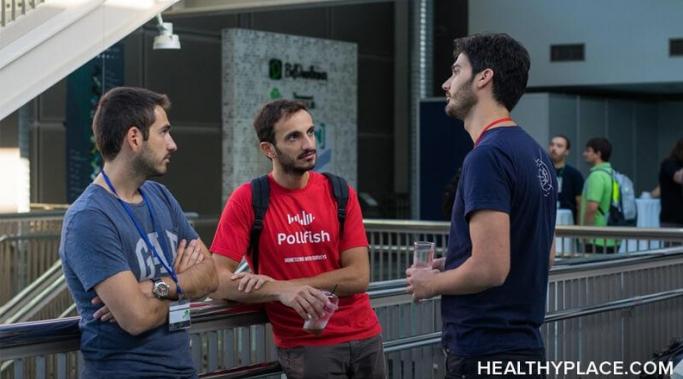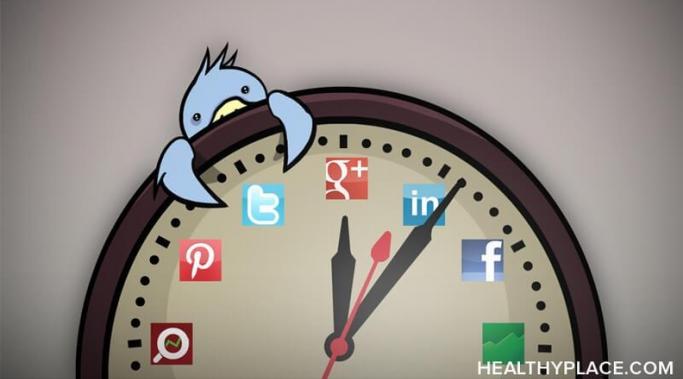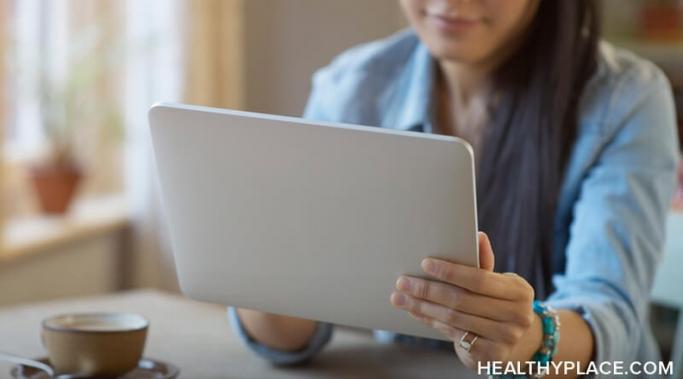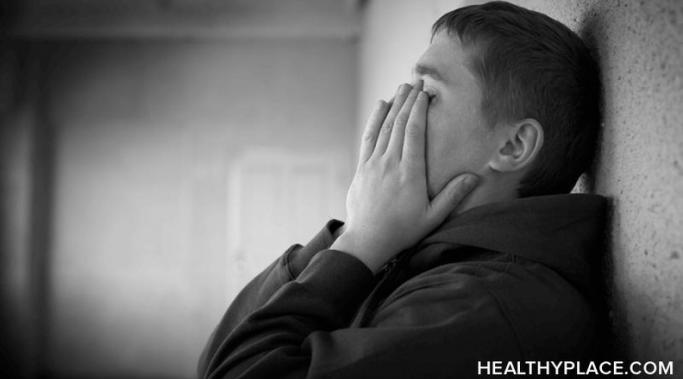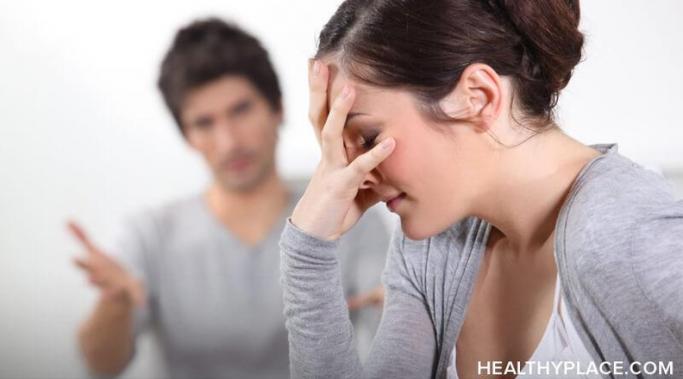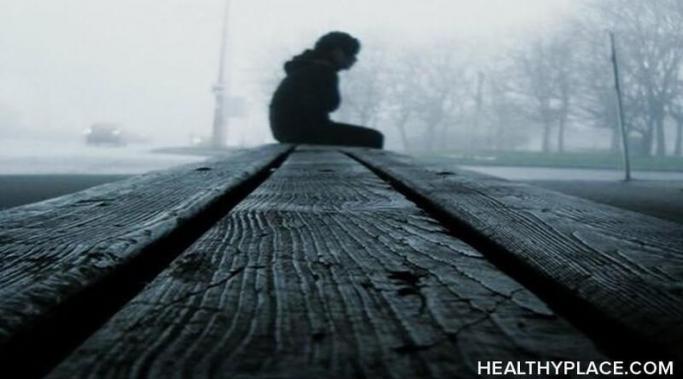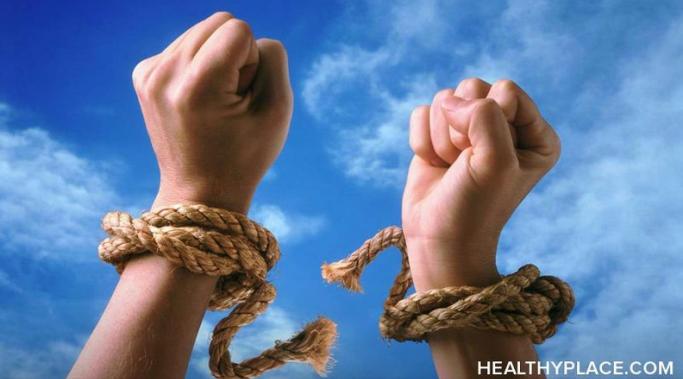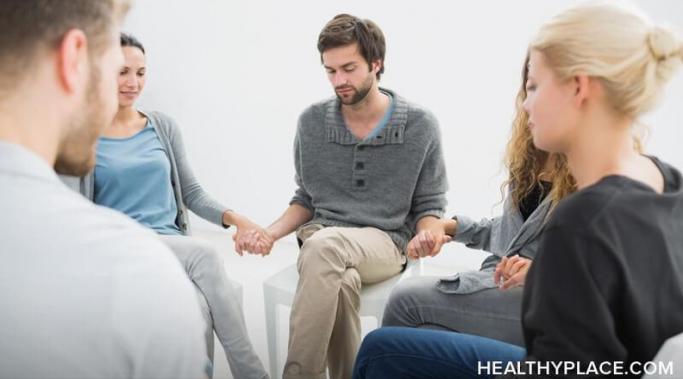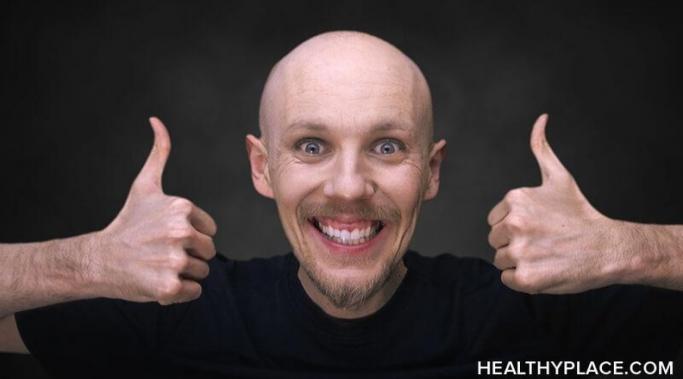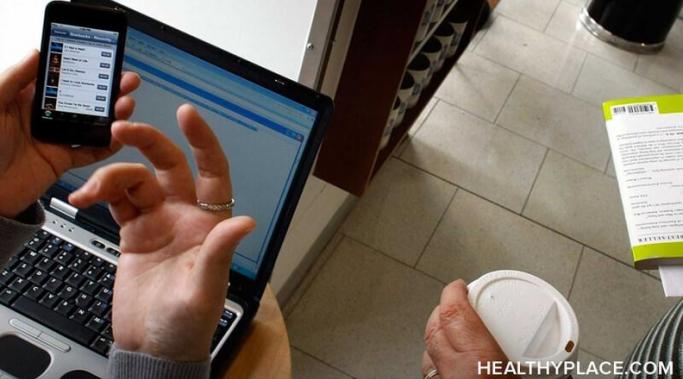I’m far from the first person to discuss the above topic. However, I feel it is important to continually raise awareness of the social causes of anxiety until those causes are recognized more broadly.
Anxiety Stigma
Changes in technology and social norms create anxiety for people like me who avoid social media as much as possible. In previous posts on this blog, I’ve discussed my aversions to social media and how it almost certainly exacerbates anxiety. I’ve discussed ways to structure my life in order to better live with those aversions.
One of my many hobbies, aside from reading and listening to music, is playing video games, and playing them helps my anxiety. I’ve been a video game fan for almost as long as I can remember when I tried playing Sonic 2 on the then cutting-edge Sega Genesis. Even today, if I’m not feeling well, I’ll put on a favorite game and spend the day immersed in its world.
In a recent post, I discussed the frustrations I’ve encountered dealing with people reacting to anxiety who, in my opinion, don’t do it in a way that’s helpful. I mentioned viewing anxiety as something scary and deviant isn’t the right way to do it, and that the reality of living with anxiety should be viewed with more nuance. I want to go a bit further into this in this post, suggesting that the reality of living with day-to-day anxiety is much more mundane.
This is going to sound, to some, unduly harsh, but I’ve been finding it more and more frustrating to be around people who don’t have anxiety, because it’s been made very clear to me that most people who don’t have it don’t have any clue how to react to anxiety when it happens.
I’m sure I’m not the only one who feels an almost permanent sense of inferiority because of my anxiety; if I were to guess, I’d say that’s common across the board for the mentally ill. That sense of inferiority often makes me feel like a hypocrite. After all, on this very blog, I have, from the very beginning, been a vocal proponent for more acceptance towards the mentally ill, both in terms of society at large and among the mentally ill themselves. This sense of inferiority would suggest that I still see myself as somewhat lesser than my mentally healthy counterparts, and there is truth to that. In this blog, I want to explore this in a bit more detail.
It's natural to wonder how to protest if you have anxiety. The protests resonate with us, but it's difficult to go out and raise your voice in solidarity when you live with anxiety.
This post is mainly geared not to others with anxiety, but to any allies who may be reading to better understand how to help someone with an anxiety disorder.
There’s been much in the way of discussion regarding “toxic” cultural practices, and "toxic positivity,” is receiving its due attention. I couldn’t be happier. A culture of toxic positivity poses an active threat to the wellbeing of anyone who is mentally ill.
It’s no surprise that I have very real reservations concerning the role the Internet plays in mental health. I’ve railed against social media’s role in exacerbating mental health issues in the past, and I’m still crestfallen that more people are not following my example. But today, I wish to discuss something that’s talked about even less than social media, because, I think, it’s something that most people don’t take seriously: the role memes play in the mental health conversation.
